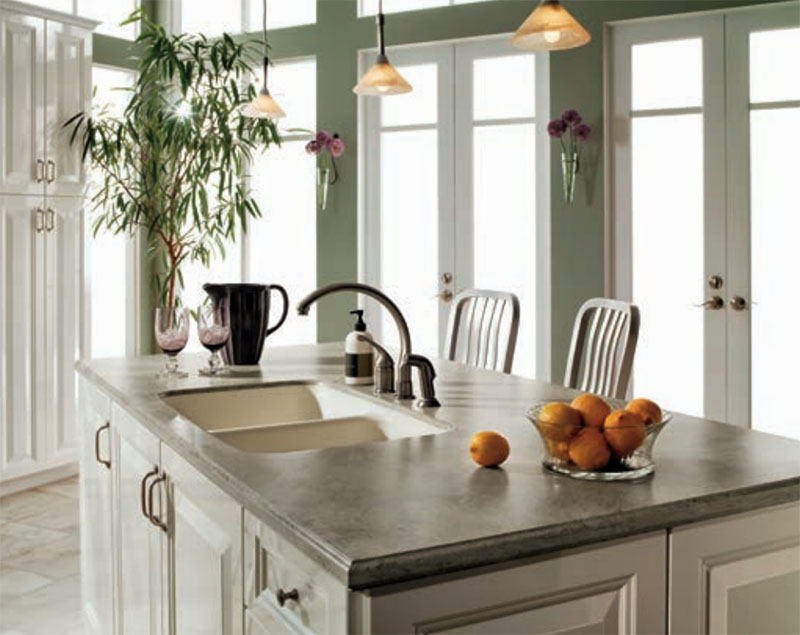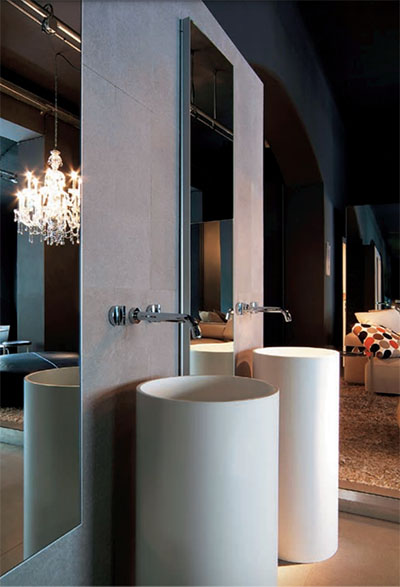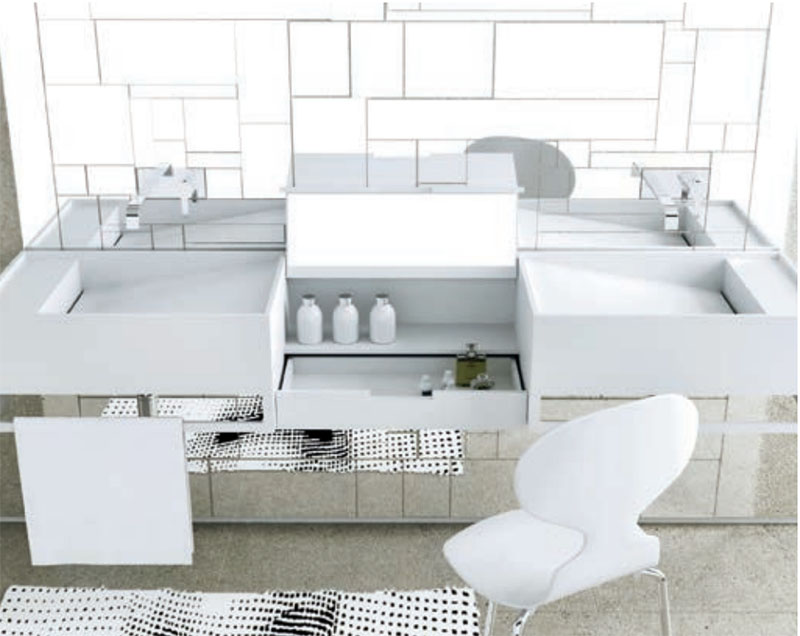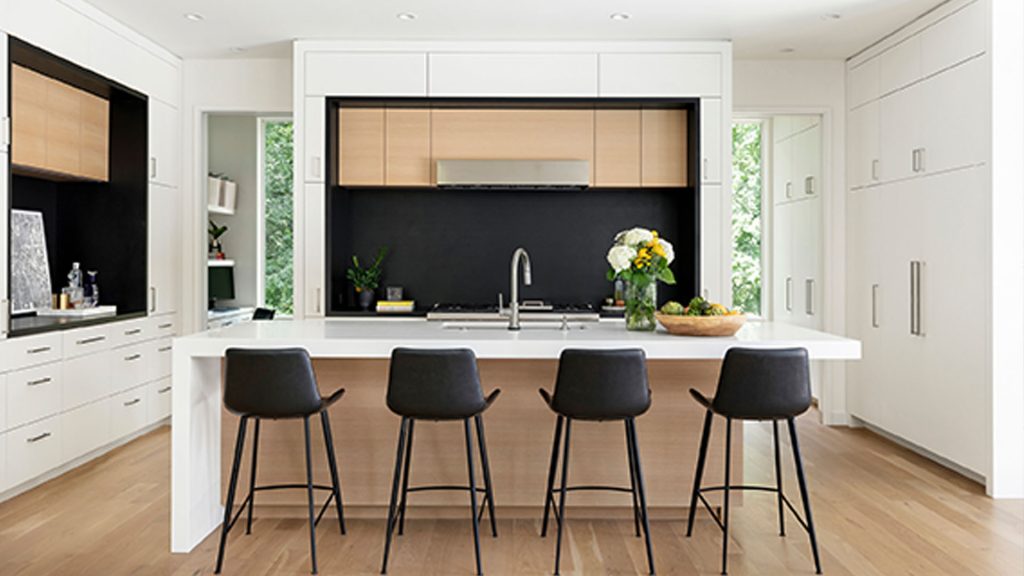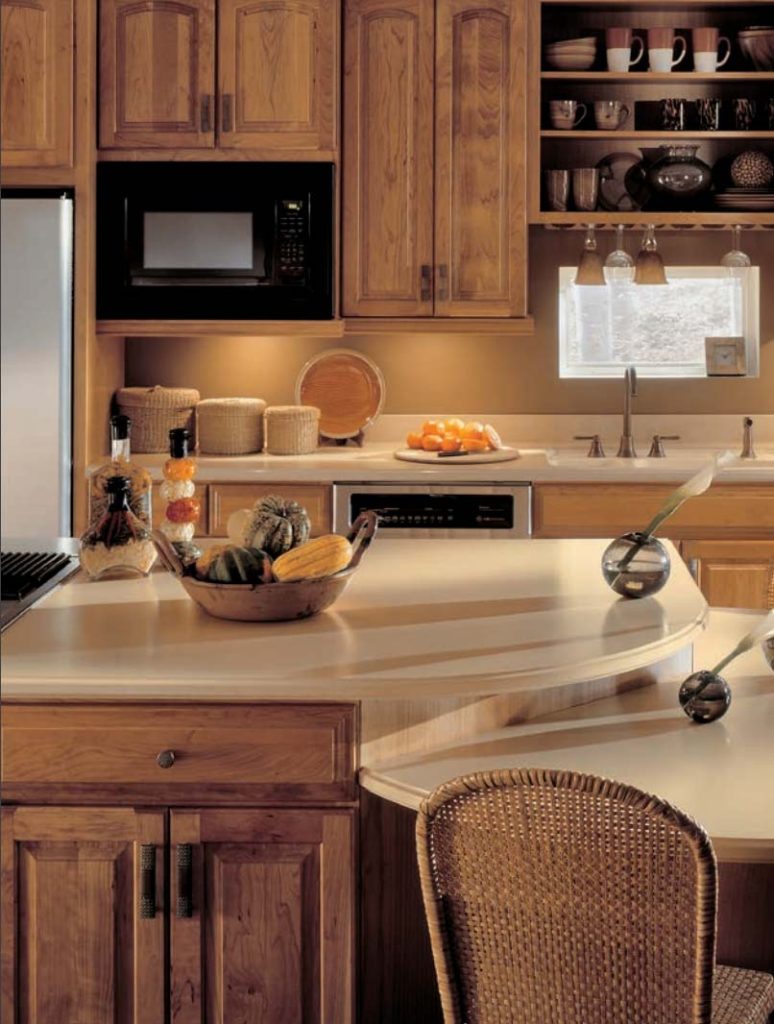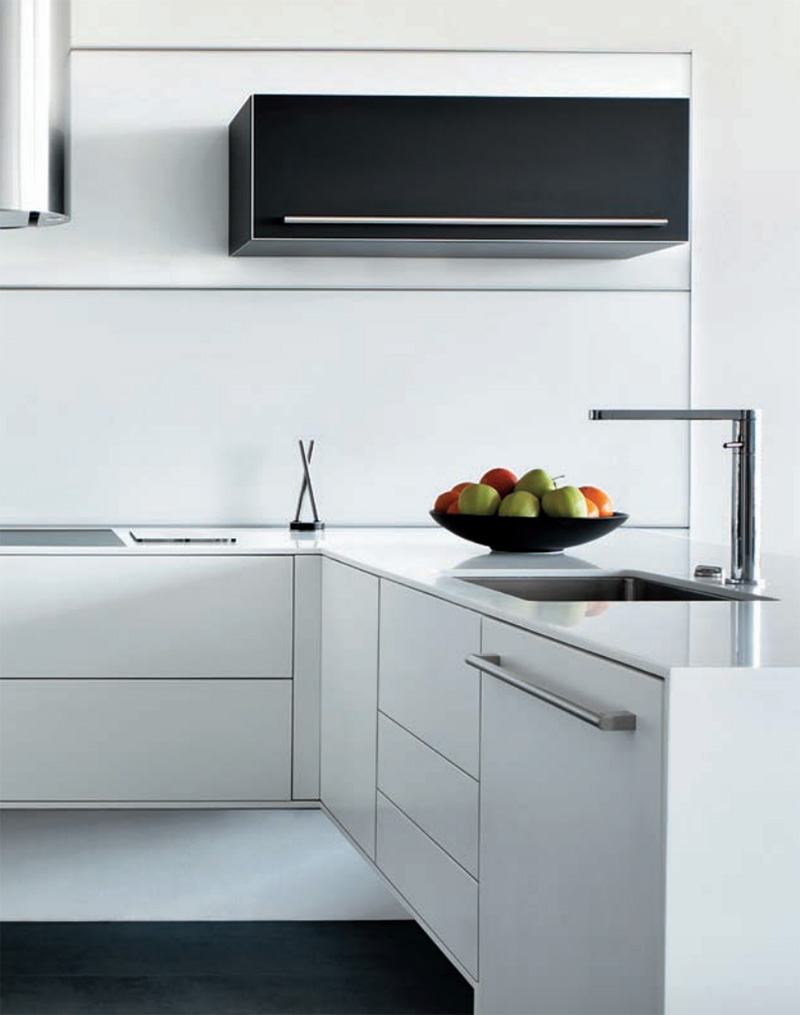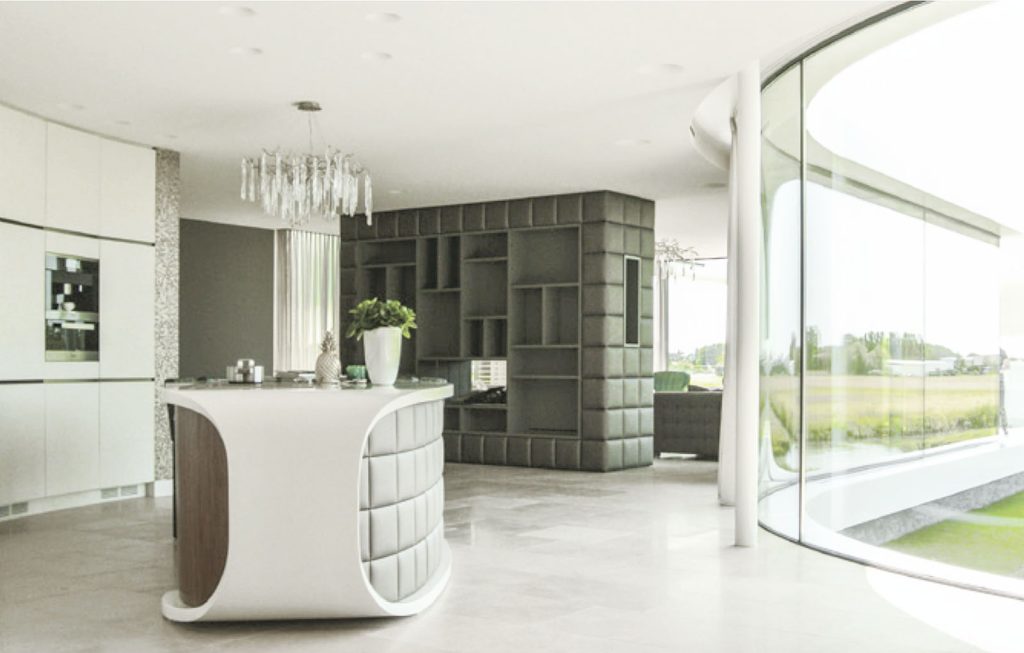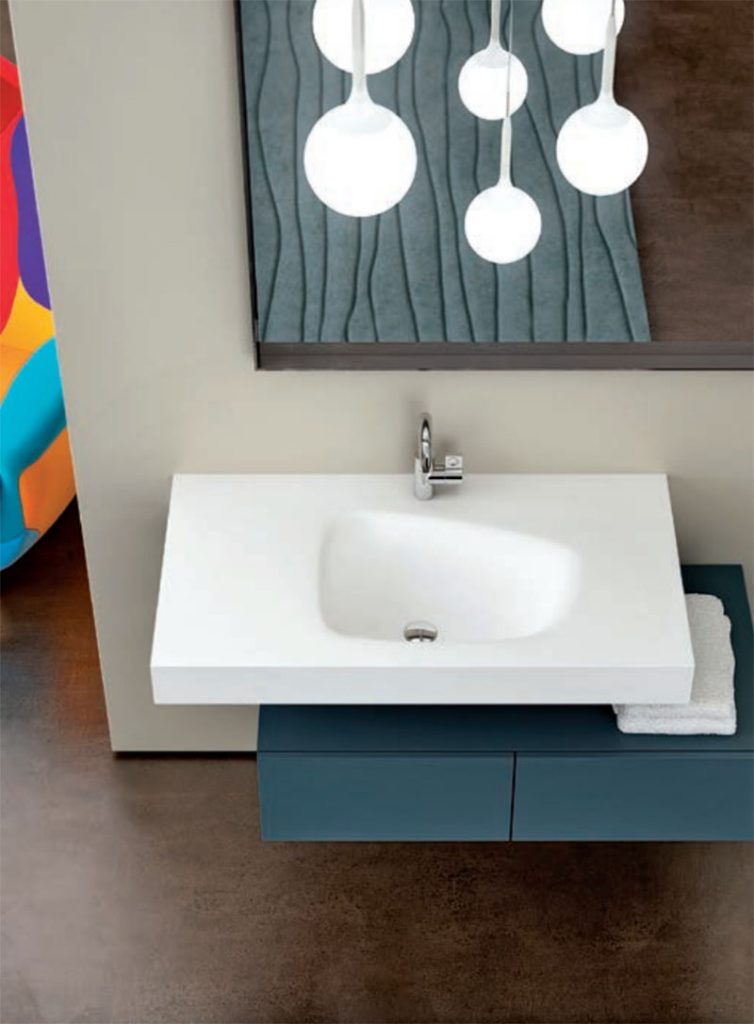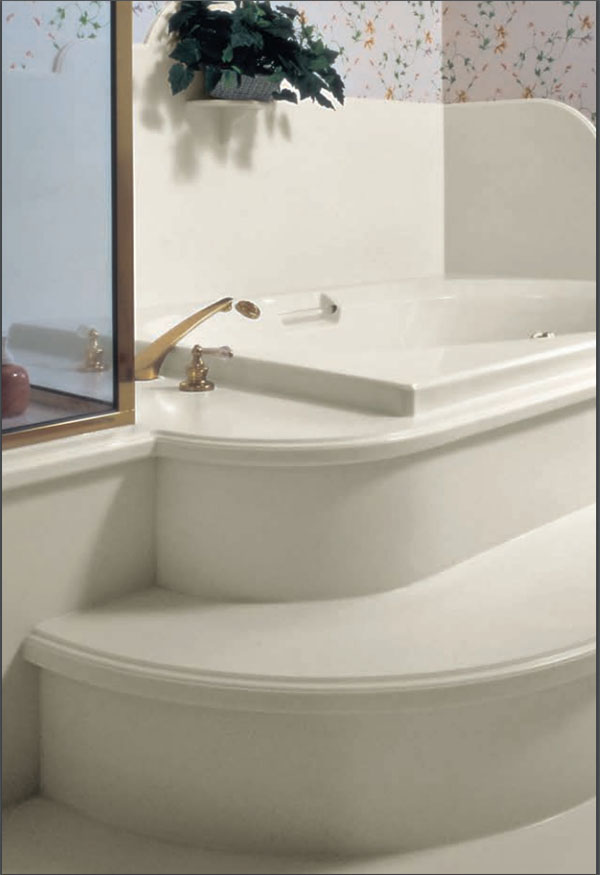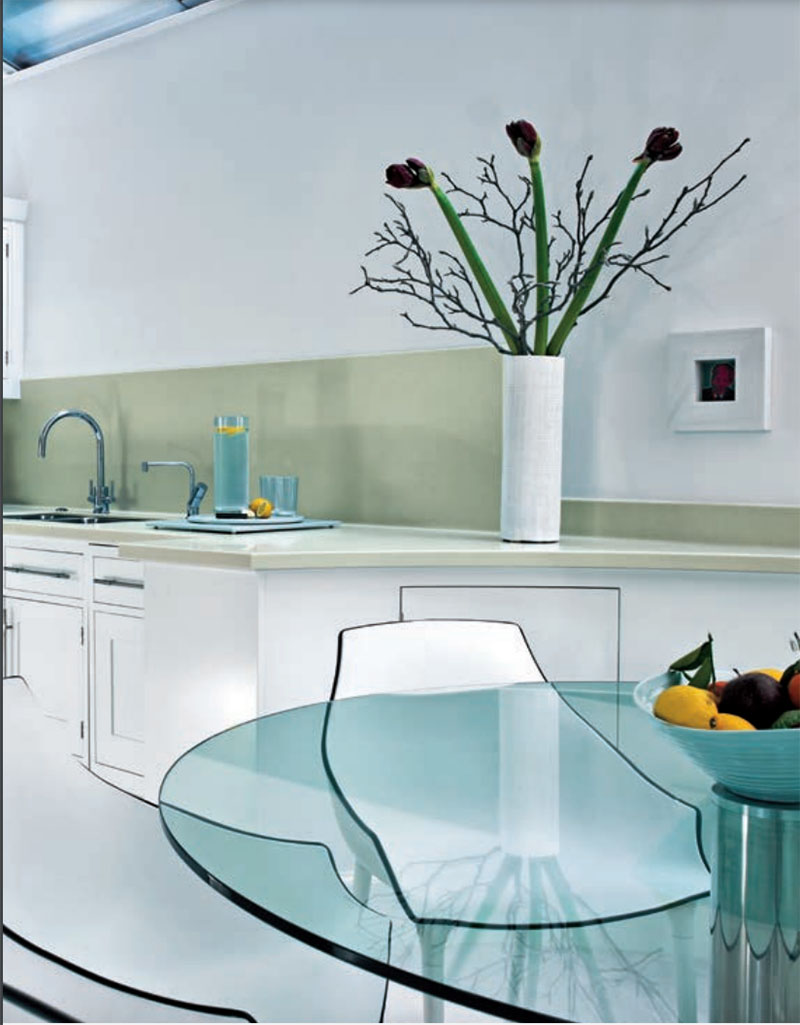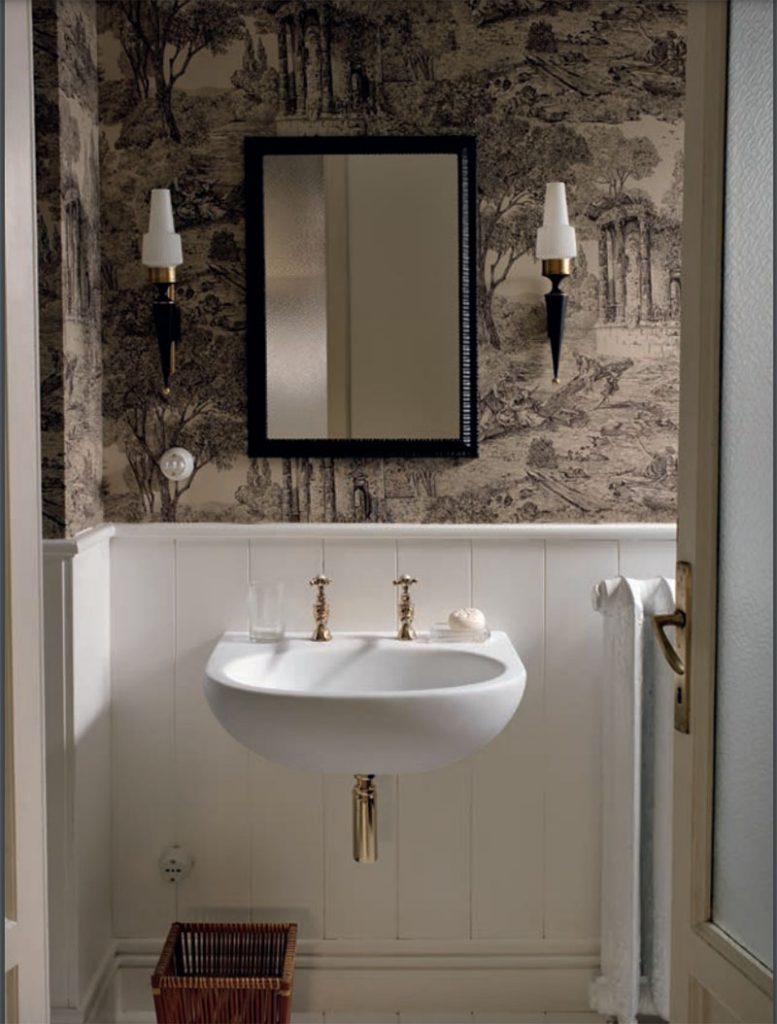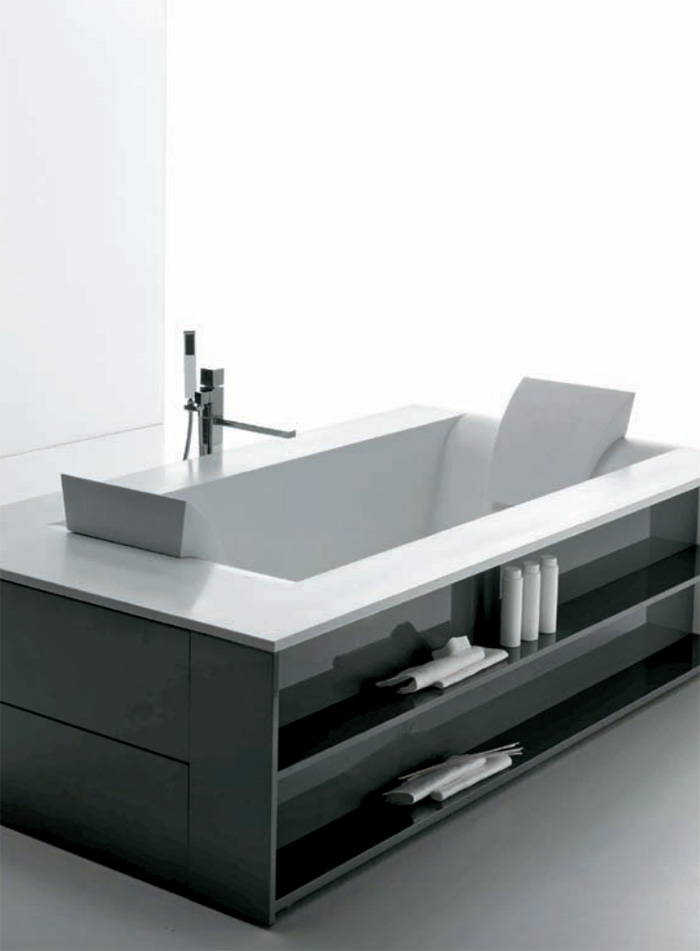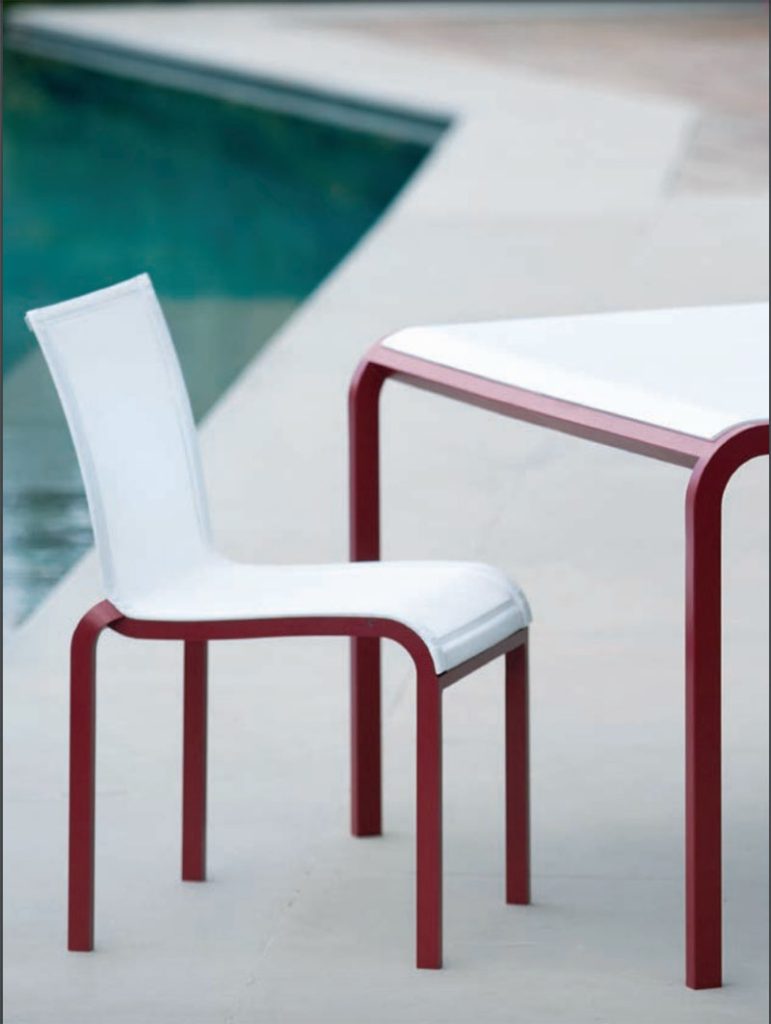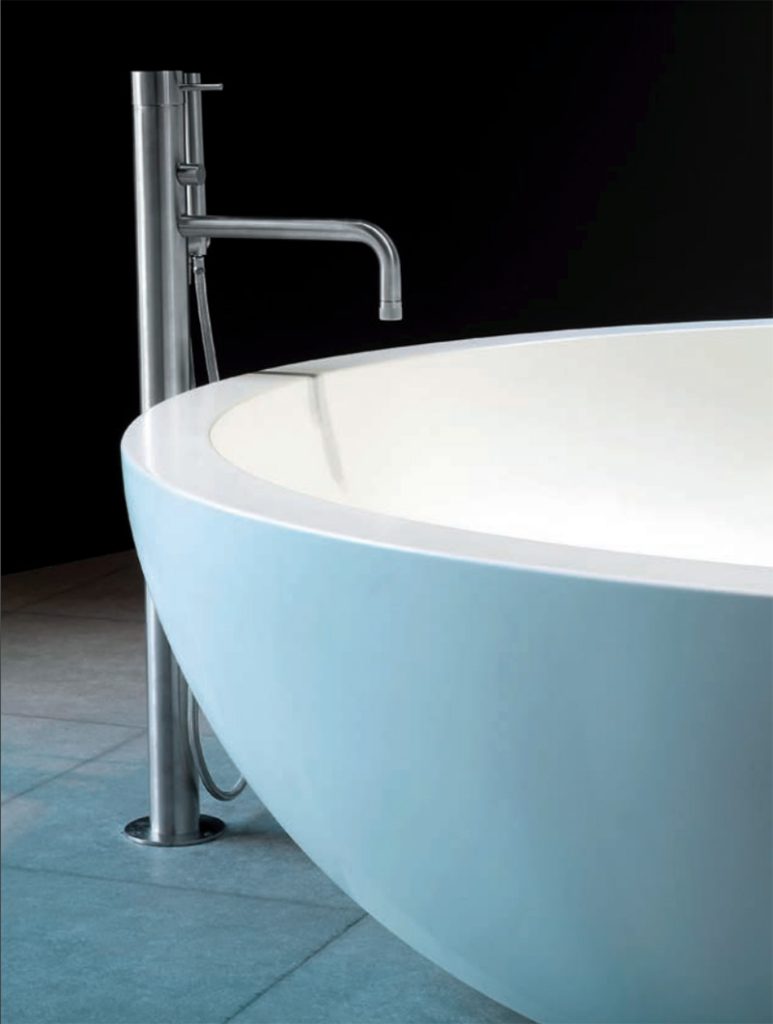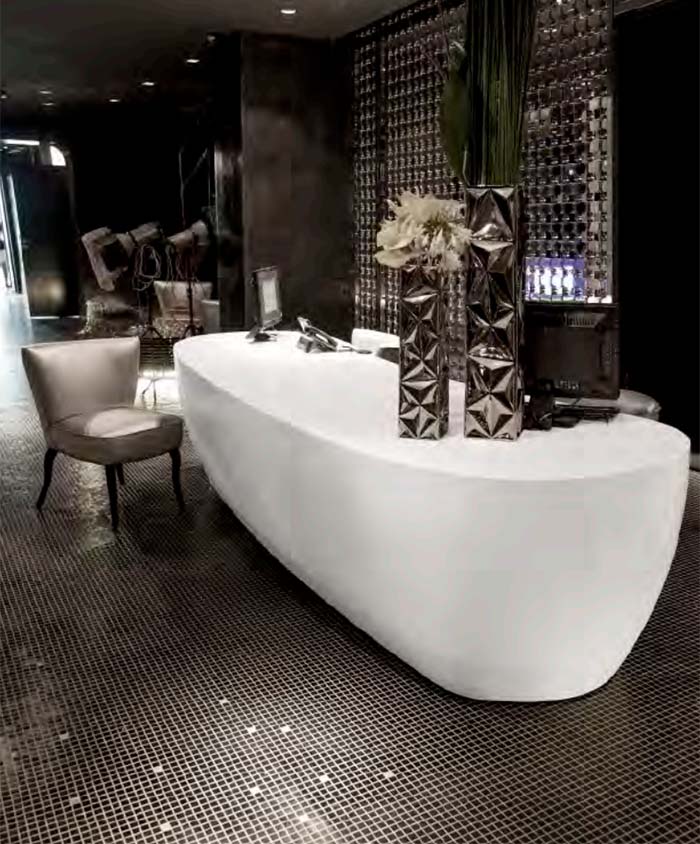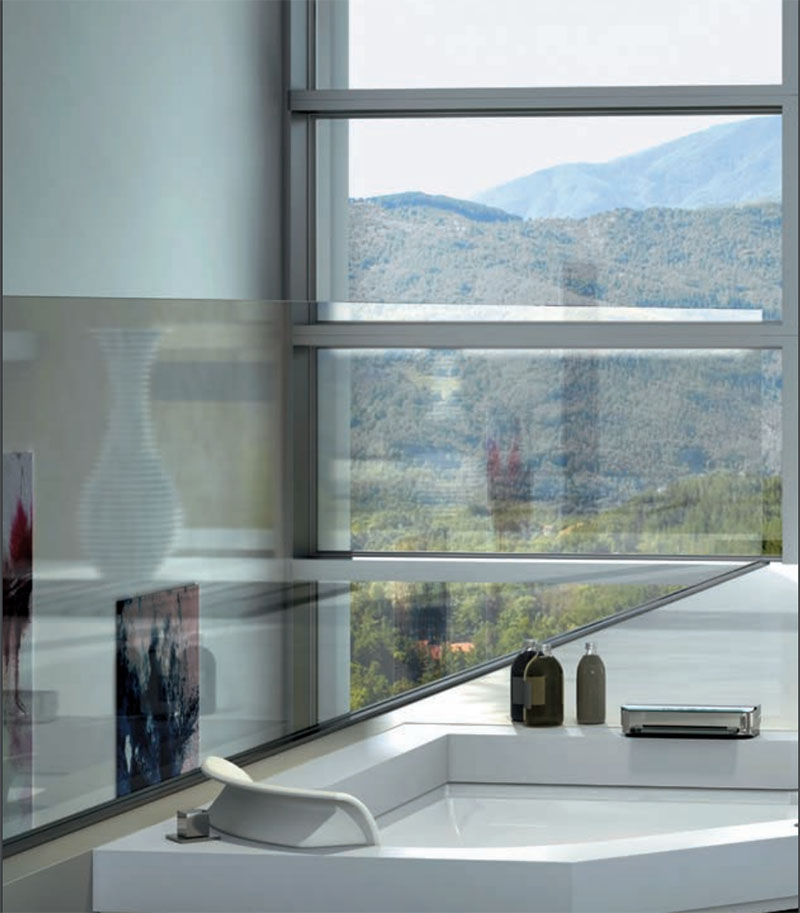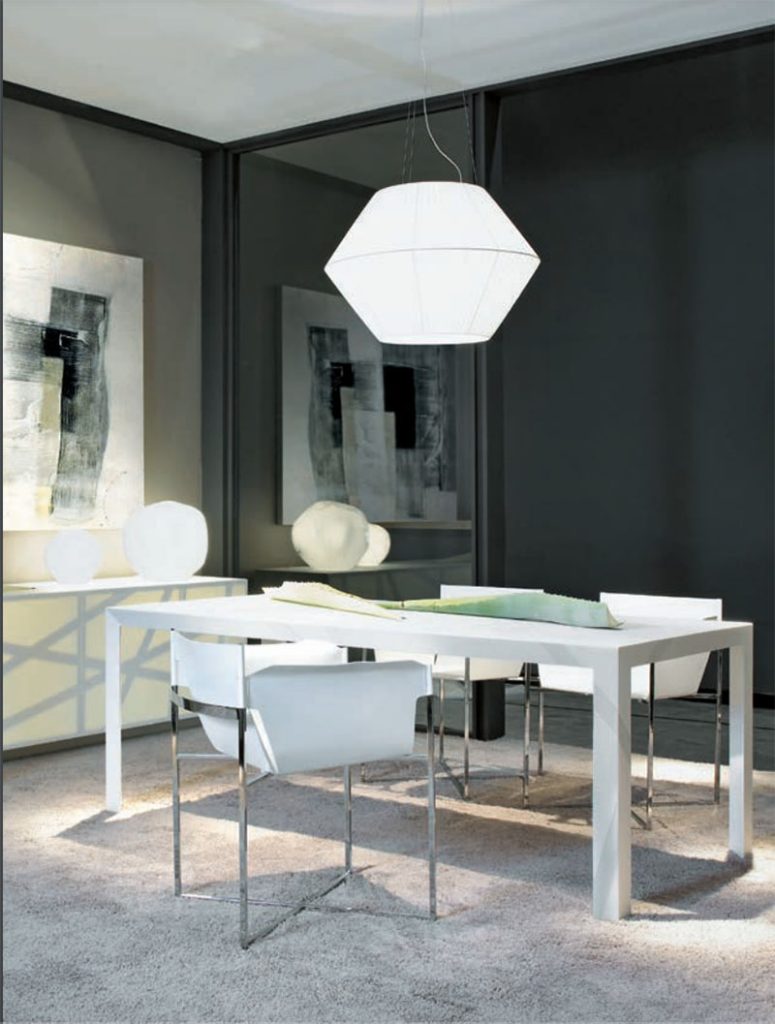1. What is Corian?
Corian is a solid surface material made by DuPont, a leading manufacturer of building materials. It is a composite material consisting of a mixture of acrylic polymer and natural minerals. This mixture gives Corian its unique properties, such as being non-porous, durable, and easy to maintain.
Corian can be used for a variety of applications, including countertops, vanity tops, shower surrounds, and wall cladding. Its versatility, durability, and aesthetic appeal have made it a popular choice for kitchen and bathroom surfaces.
Corian is available in a wide range of colors and patterns, allowing for customization and creative expression in design. It can be easily molded, shaped, and joined to create seamless surfaces, making it a versatile option for many different types of projects.
2. How can Corian material be used to make countertops?
Corian is a solid surface material made from a combination of acrylic polymer and natural minerals, often used to make countertops. To make counters with Corian, the material is cut and shaped to fit the desired dimensions and then joined together to create a seamless, uniform surface. Corian counters are durable, non-porous, and easy to clean, making them a popular choice for kitchens, bathrooms, and other areas where counters are needed. They can also be colored and molded to create custom designs and shapes.
3. What are the benefits of using Corian to make countertops??
Corian is a popular material for making countertops due to several benefits, including:
- Durability: Corian is a solid surface material that is resistant to scratches, cracks, and chips, making it a durable choice for countertops.
- Non-porous: Corian is non-porous, which means that it won’t absorb liquids or stain like other countertop materials, making it easy to clean and maintain.
- Seamless design: Corian countertops can be seamlessly joined to create a uniform, continuous surface with no visible seams.
- Versatility: Corian can be molded and shaped into custom designs and shapes, allowing for a wide range of creative options for your countertop.
- Low Maintenance: Corian is easy to clean and maintain, and it can be restored to its original appearance if it becomes scratched or stained.
- Wide range of colors and patterns: Corian is available in a wide range of colors and patterns, allowing you to match it with your existing décor or create a unique look for your space.
- Eco-Friendly: Corian is made from a combination of natural minerals and acrylic polymer, making it an eco-friendly alternative to other countertop materials like granite or marble.
4. Are Corian Countertops Expensive?
Corian countertops can be considered a premium product and are typically more expensive than laminate or tile countertops, but less expensive than natural stone options like granite or marble. The exact cost of a Corian countertop will depend on various factors such as the size of the counter, the design and color chosen, and where you live. On average, Corian countertops can cost anywhere from $40 to $100 per square foot installed, but prices can range higher or lower depending on the circumstances.
5. How do you clean a Corian countertop ?
Cleaning a Corian countertop is relatively simple and straightforward. The following steps are recommended:
- Wipe up spills immediately with a clean, damp cloth to prevent staining.
- Clean the surface regularly with warm soapy water, using a soft cloth or sponge. Avoid using abrasive scrubbers or harsh chemicals.
- Rinse the surface thoroughly with clean water and dry it with a soft cloth.
- For tougher stains, a solution of baking soda and water can be applied to the affected area and then wiped clean with a damp cloth.
- To maintain the shine and luster of your Corian countertop, it is recommended to use a specially formulated cleaner for solid surface materials.
Note: Avoid exposing Corian countertops to high heat sources, as the material may scorch or discolor. Also, avoid cutting directly on the surface as this can cause scratches.

